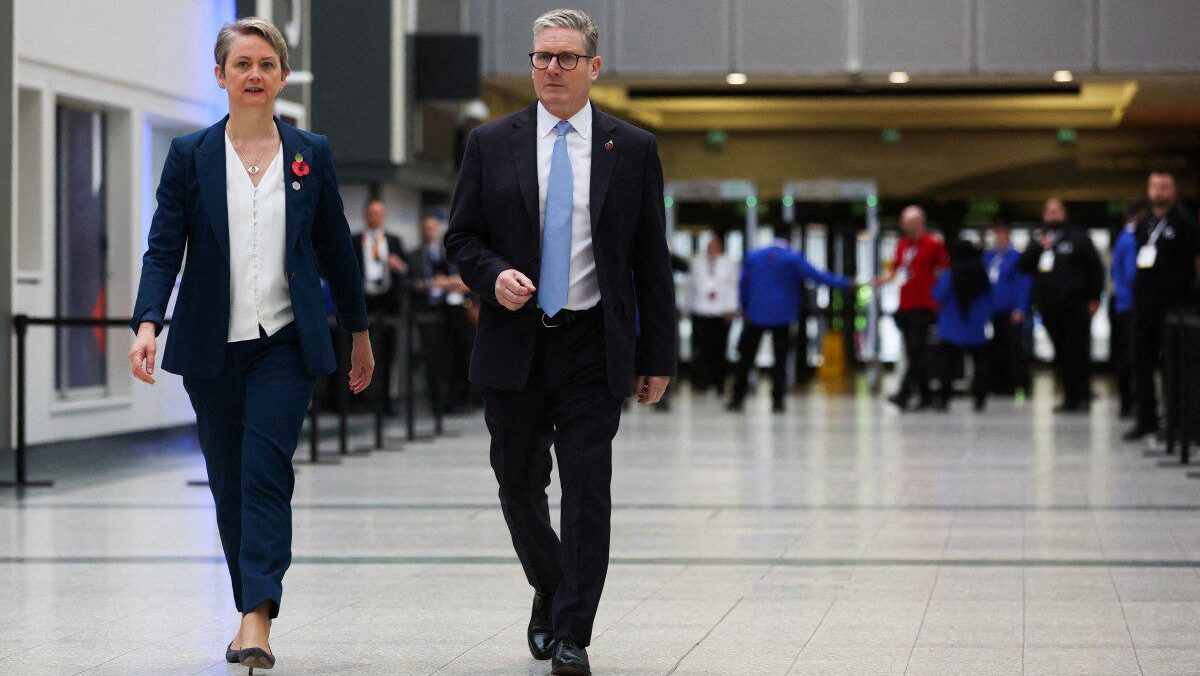A former Metropolitan Police commissioner has urged the Labour government to reconsider the use of ‘non-crime hate incidents’ (NCHI)—statements believed to be “motivated by prejudice” but that don’t meet the criteria for criminal offences.
The Free Speech Union also insists it is not enough to “raise the threshold” of what constitutes an NCHI, and that “what we need to do is abolish eye-of-the-beholder ‘hate speech’ laws altogether.”
But Prime Minister Keir Starmer’s team has decided not only that police forces should continue investigating non-crimes—they should also expand the recording of NCHIs, despite a report showing this already takes up 60,000 hours of officers’ time each year.
The investigation of supposed hate incidents has been big in the press since it was revealed that police visited the house of an award-winning journalist on Remembrance Day because of a year-old post on Twitter/X. The force later dropped its investigation, though not before a furious backlash was sparked—not just in the UK but internationally—against the ‘Orwellian’ practice.
News that school children were among the thousands of Britons investigated over the past year—in one case, for saying a classmate smelt “like fish”—helped to increase the pressure on the government.
Not that any of this has made home secretary Yvette Cooper any less “committed” to reversing the previous Conservative government’s decision to downgrade the monitoring of NCHIs.
Cooper appears, however, to have thrown a bone to pro-free speech voters, with The Times reporting that incidents will only be recorded where there is a clear risk to community tensions under new “common sense” guidance. But given, for example, Labour’s trampling on farmers and its mishandling of illegal migration, there is likely to be a large gap between its comprehension of common sense and the British public’s.
Labour officials are also preparing to introduce new so-called ‘Respect Orders,’ under which “hooligans who wreak havoc on local communities” could face up to two years in jail. Critics have described these orders as “vague enough to mean anything they want it to mean,” and as making it so that Britons are “living in a constant state of fear because the neighbour might grass you in.”
Yvette Cooper vows to crack down on anti-social behaviour with new ‘respect orders’ as repeat offenders face jail time.
— Talk (@TalkTV) November 22, 2024
“That’s what Labour wants – everyone living in a constant state of fear because the neighbour might grass you in.”@TVKev | @Barnesy19 pic.twitter.com/EF7NdDF4Sc
Meanwhile over the weekend, there were numerous “major security scares”—at Gatwick airport, London Euston station and Chester’s bus and railway stations—involving bomb threats, and a man was left in critical condition following a fight on Westminster Bridge, underlooking the Houses of Parliament. An eight-year-old girl was also taken to hospital after a shooting in the capital on Sunday. Clearly, even without ‘hate incidents’ and ‘Respect Orders,’ the police and politicians have plenty to be busying themselves with.






